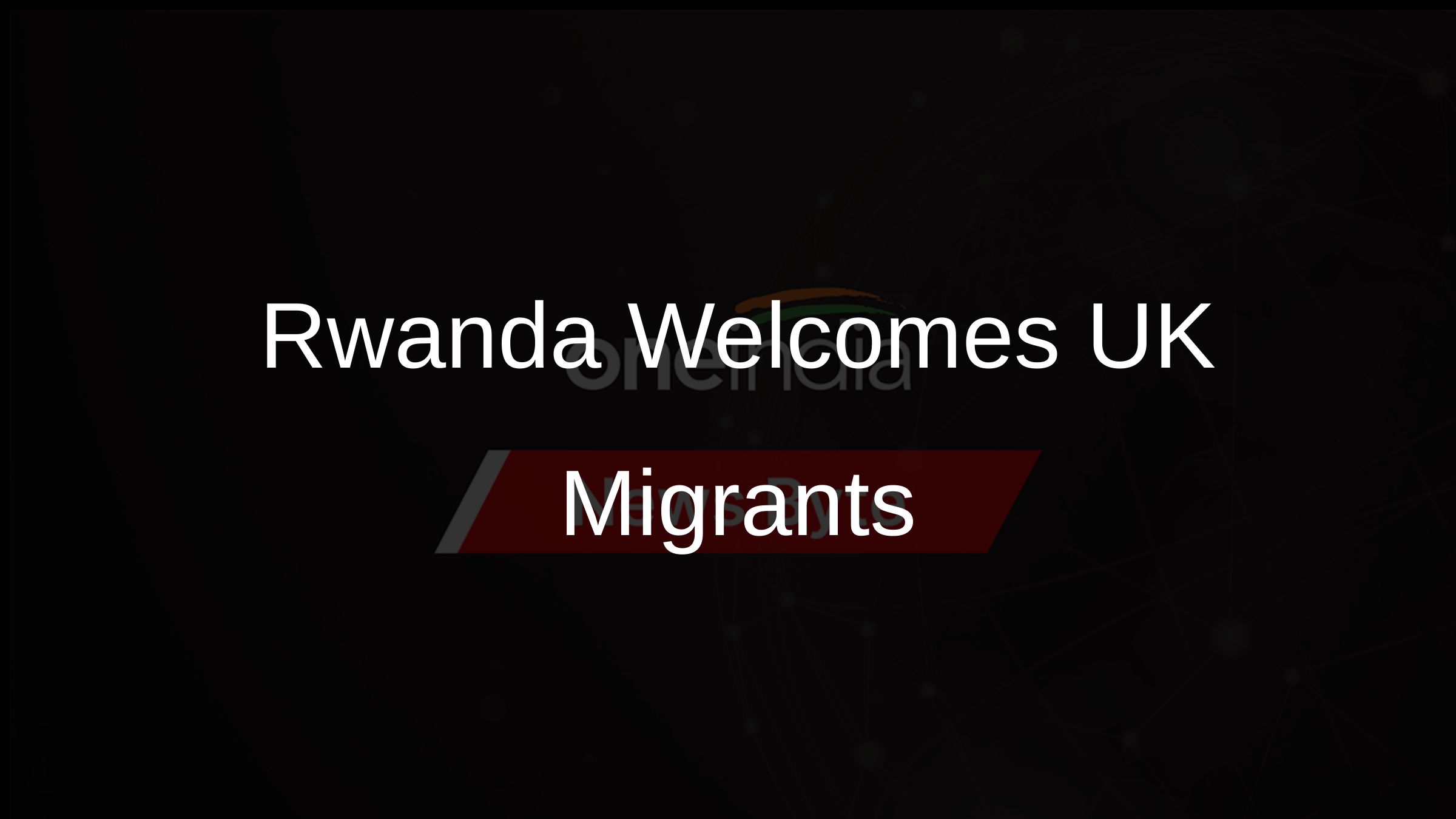Growth to benefit backward minority groups: Kalam
New Delhi, Feb 23: Reaffirming the government's commitment to make backward minority groups ''active participants and beneficiaries'' of the growth process, President A P J Abdul Kalam today said India continued to be concerned over infiltration and cross-border terrorism.
''We will take all measures necessary to ensure that the fruits of development are shared equitably and backward minority groups become active participants and beneficiaries of our growth processes,'' Dr Kalam said in his customary address to a joint sitting of both Houses of Parliament on the opening day of the Budget Session.
The President said this was necessary as certain minority communities continued to remain relatively backward, with a large number of out-of-school children, high dropout rates and low educational attainments.
''These require focused intervention. In addition to the existing schemes, my Government proposes to introduce comprehensive scholarship schemes from primary to post graduate levels for eligible students belonging to the minorities. My Government firmly commits itself to equity and welfare of all sections of society,'' he said.
In his last address to Parliament in his present five-year tenure of the office of President, Dr Kalam dwelt at length on all the aspects of the policies of the UPA government, including internal security and foreign policy. Explaining the relations with Pakistan, the President expressed satisfaction that the dialogue process was progressing ''steadily.'' The Composite Dialogue, the Joint Commission and the Anti-terrorism Institutional Mechanism had provided a structural framework within which all major issues were being discussed.
However, ''we remain concerned over infiltration and cross-border terrorism, and the success of the dialogue process is predicated on Pakistan fulfilling its commitment not to permit any territory under its control to be used to support terrorism in any manner.''
On internal security, the President said the government would continue to impart a ''healing touch'' both in Jammu and Kashmir and in the North East, while maintaining utmost vigil against terrorist and extremist forces. ''My government attaches the highest importance to ensuring that all agencies respect basic human rights, even in the most trying circumstances.'' While ensuring law and order and internal security in the North-east, Jammu and Kashmir and naxalite-affected regions, the government would remain focussed on the overall social, economic and cultural development of these parts of the country, aimed at ensuring the active participation of all sections of society in the national mainstream.
On the economic front, the President said there was ''great optimism'' in the wake of over eight per cent growth in the past three years.
''By all estimates, we will grow by close to 9 per cent in the current year. This augurs well for the launch of the Eleventh Five Year Plan'' (2007-12), he said.
Given the current trends and the general policy direction, the government's target of a nine per cent growth rate during the Eleventh Plan ''is a feasible proposition.'' However, economic growth was not an end in itself. It was a means by which the country hoped to generate more employment, distribute incomes more equitably, across social groups and regions, and liberate the poorest of the poor from the scourge of poverty, ignorance and disease, he pointed out.
A day after Prime Minister Manmohan Singh had announced a series of measures to check spiralling prices after discussing the serious issue at the Cabinet Committee on Prices and writing to the Chief Ministers, Dr Kalam said the government recognised that keeping a check on inflation was an essential element of any strategy for inclusive growth.
During the last eight weeks, the government had taken a number of fiscal and monetary steps to moderate inflation. Besides, a number of steps had been taken to improve supplies of essential commodities.
''My government will continue to take all necessary steps to ensure that the poor are not adversely affected by inflation. This is our solemn commitment.'' The President reaffirmed the government's determination to implement in full all its flagship development programmes, including Bharat Nirman, National Rural Health Mission, Jawaharlal Nehru National Urban Renewal Mission and the National Rural Employment Guarantee Act.
The government would increase the rate of investment in agriculture, enhance production and productivity growth, increase farmers' incomes and welfare and unleash the Second Green Revolution, Dr Kalam said. ''It is heartening that agricultural growth in 2005-06 was 6 per cent. However, this needs to be sustained through credible measures which maintain a high rate of investment, bring new technologies and farming systems into use, improve marketing channels, provide better risk management facilities and generate better returns to our farmers. This my government is committed to doing.'' The government would bring in a new rehabilitation policy which would be backed by amendments in the Land Acquisition Act wherever necessary.
It also recognised the serious nature of the problem of water availability and water use, both in agriculture and in the urban economy, he said.
Pointing out that the threat of climate change and global warming would have adverse consequencies for life on earth and for development prospects, he said there was need for economically affordable, technologically feasible and socially equitable policies to deal with the challenge of sustainable development.
A major programme for massive afforestation of degraded forest lands, ''Green India,'' was under active consideration of the government, the President said in his 55-minute address, punctuated by thumping of the desk by members. However, Shiv Sena members demanded the hanging of Mohammed Afzal, convicted in the Parliament attack case, when the President talked about the government's resolve to fight terrorism in the context of the attack on Samjhauta Express.
Observing that wildlife was an invaluable heritage, he said the government proposed to strengthen activities for environment education and respect for wildlife through the school curriculum.
Elaborating on inclusive growth, he said the government attached great importance to social justice and to the social, educational and economic empowerment of the SCs, STs, OBCs, minorities, women and children.
The government was committed to the welfare of the minorities, especially the most backward among them.
The President said that in order to sustain the growth process the country had to ensure energy security. The government would encourage new investment in power generation. Competitive tariff bids had already been approved for setting up of two ultra mega power projects and further efforts in this direction would continue.
The government had taken important steps to help develop the full potential of civilian nuclear energy and of all sources of renewable energy, both for meeting energy needs and to address concerns on environment.
Also, a great emphasis had been placed on building world class infrastructure. The National Highway Development Programme had been greatly expanded with an investment target of Rs 227,000 crore.
Listing other achievements, the President talked about the turnaround of the Indian Railways. This assumes significance as it comes two days ahead of the Railway Budget. Dr Kalam also mentioned the developments in the civil aviation and port sectors, manufacturing and textile industry.
The government would take forward the National Identity Card Project under the National e-Governance Plan for nationwide rollout in a phased manner so as to ensure better delivery of services to the citizens.
Even as India was trying to secure a favourable 123 agreement with the United States for enforcing the Indo-US nuclear deal, the President said the UPA government was committed to the development of the indigenous three-stage nuclear programme. The President talked about India's growing relations with its other neighbours -- China, Bhutan, Nepal, Bangladesh, Sri Lanka and Afghanistan.
''We are particularly happy that Afghanistan will join as SAARC's eighth member at the forthcoming summit.'' On the ethnic crisis in Sri Lanka, he said India had conveyed at high political levels the need for a negotiated, political settlement that was acceptable to all sections.
Dr Kalam also mentioned the strategic partnership with the European Union and the strengthening ties with South Africa and Brazil, besides the countries in West Asia.
On the stalled WTO negotiations, he said in order to break the impasse, developed countries must make meaningful offers to reduce the large trade-distorting subsidies provided to their agriculture sector.
UNI


 Click it and Unblock the Notifications
Click it and Unblock the Notifications




